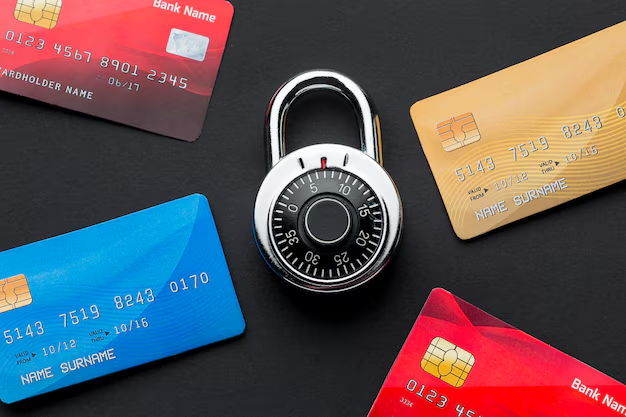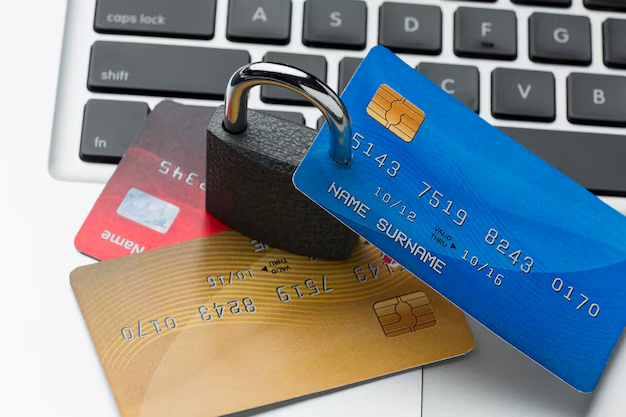Credit cards have become an essential part of modern financial transactions, offering convenience, rewards, and the ability to build credit. However, not all credit cards are created equal. Two major categories are secured and unsecured credit cards. While they share similarities, they serve different purposes and target distinct audiences. In this article, we’ll explore the fundamental differences between the two, their advantages, and which type might be best suited for your financial needs.
What Is a Secured Credit Card?
A secured credit card is designed for individuals who are building or rebuilding their credit history. It requires a cash deposit as collateral, which acts as security for the card issuer in case the cardholder defaults. The deposit usually determines the credit limit.
For instance, if you deposit ₹10,000 as collateral, your credit limit will often be ₹10,000 or slightly less. Secured cards function like traditional credit cards, allowing you to make purchases, pay bills, and establish a payment history.
Key Features of Secured Credit Cards:
- Deposit Requirement: A refundable deposit is mandatory.
- Credit Building: Ideal for people with poor or no credit history.
- Low Credit Limits: Limited spending power based on the deposit amount.
- Conversion Option: Many issuers offer an upgrade to an unsecured card after consistent on-time payments.
What Is an Unsecured Credit Card?
Unsecured credit cards are the most common type of credit card and do not require any upfront deposit. Issuers rely on the applicant’s creditworthiness, income, and financial history to determine eligibility and credit limits.
These cards are widely used and come with varying features such as rewards programs, cashbacks, travel benefits, and more.
Key Features of Unsecured Credit Cards:
- No Collateral Needed: Approval is based on credit score and income.
- Higher Credit Limits: Typically offer more significant spending power.
- Wide Variety of Options: Includes premium cards, rewards cards, and basic cards for everyday use.
- Higher Interest Rates: May have higher interest rates than secured cards if the user has an average credit score.
Key Differences Between Secured and Unsecured Credit Cards

| Aspect | Secured Credit Card | Unsecured Credit Card |
|---|---|---|
| Deposit Requirement | Requires a refundable deposit as collateral. | No deposit required. |
| Target Audience | Suitable for those with no or poor credit history. | Geared toward individuals with good credit. |
| Credit Limit | Limited by the deposit amount. | Determined by creditworthiness. |
| Risk to Issuer | Minimal risk due to collateral. | Higher risk as no collateral is involved. |
| Interest Rates | May have lower interest rates. | Varies based on credit score. |
Which One Should You Choose?
Choosing between secured and unsecured credit cards depends on your financial situation and goals:
- Choose Secured Cards If:
- You’re building or rebuilding your credit history.
- You can afford the upfront deposit.
- You’re disciplined about making on-time payments.
- Choose Unsecured Cards If:
- You have a strong credit score.
- You want access to higher credit limits.
- You’re interested in rewards and other benefits.
Conclusion
Both secured and unsecured credit cards play an essential role in personal finance. Secured cards are excellent for those who need a stepping stone to establish or improve their credit, while unsecured cards cater to individuals seeking convenience, rewards, and higher limits. Understanding their differences and evaluating your financial goals will help you make an informed decision.
FAQs
Q. What is the primary purpose of a secured credit card?
A secured credit card is primarily designed for individuals looking to build or rebuild their credit history.
Q. Can a secured credit card transition to an unsecured card?
Yes, many issuers allow secured cards to be converted into unsecured cards after demonstrating responsible use over time.
Q. Do unsecured credit cards offer better rewards than secured ones?
Generally, yes. Unsecured cards often provide better rewards, such as cashback, travel points, and discounts, which are not common in secured cards.
Q. Are secured credit cards easier to get than unsecured ones?
Yes, secured cards are easier to obtain because they require a deposit, reducing the issuer’s risk.
Q. Can I improve my credit score with an unsecured credit card?
Yes, using an unsecured credit card responsibly, such as making timely payments and maintaining a low credit utilization ratio, can improve your credit score.
